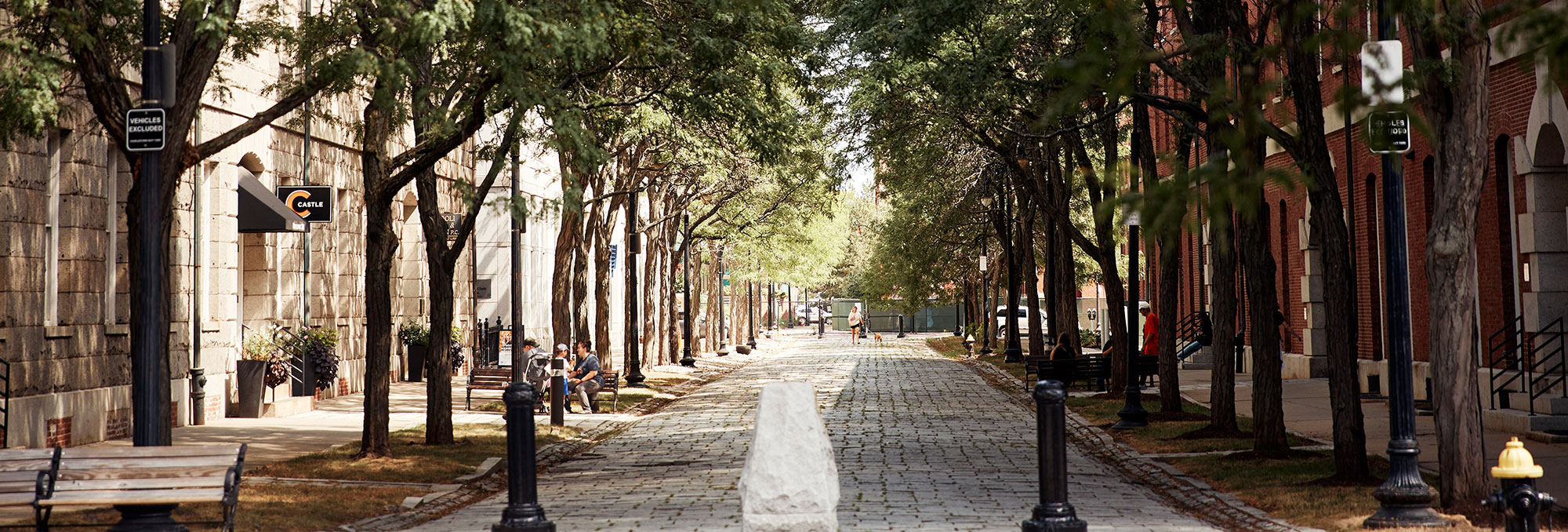Did you know that the average Boston renter spends 47% of their income on rent? And young adults ages 26 to 35 are leaving Massachusetts at the highest rate, with plans to continue over the next five years?
Over the last decade, the high cost of living, demographic and workforce shifts, and long-standing zoning and development laws have compounded the housing crisis. As state leaders seek to keep individuals, students, and families from leaving Massachusetts—and businesses attract a dynamic workforce and lure employees back into the office—housing is a critical part of the solution.
MBTA Communities Law
One important lever to address the issue is the MBTA Communities Law, compelling many cities and towns to rezone to meet—or push back against—its requirements. Below is a quick overview:
- Signed into law in 2021 by Governor Baker after a multi-year effort to address the Commonwealth’s severe housing crisis
- Outlines/compels identified cities and towns to implement zoning reforms for new transit-oriented multi-family housing
- 177 MBTA communities are subject to the new requirements (except for Boston)
For a more comprehensive understanding of the Act, we recommend reviewing the helpful primer provided by the Executive Office of Housing and Livable Communities.

Of the nearly 200 cities and towns that must pass this new zoning, 44 have passed new zoning that meets the legislative requirements. However, about 60 municipalities have blocked those rezoning efforts. Catch up on the latest breakdown:
- More than 40 Communities Have Passed Zoning Intended to Comply with MBTA Communities Law – Mass.gov
- What is the MBTA Communities Act? More towns move to block multi-family zoning – Boston.com
- Map: Who is — and isn’t — complying with the MBTA Communities Act? – WBUR
MA Affordable Homes Act
As the deadline approaches for another legislative session, Governor Healey, her leadership team, and advocates spanning housing, economic development, construction and development, the private sector, and nonprofit leaders are urging legislators to pass the proposed Affordable Homes Act. The $4 billion bond bill is positioned to jumpstart housing creation while addressing housing affordability and making headway on the state’s climate goals. Funds would be directed to invest in the state’s public housing, go towards “greening” public housing across the state, and build infrastructure to encourage statewide density.
Learn more about the Affordable Homes Act here.
Both pieces of legislation are critical steps in addressing the Massachusetts housing crisis. They also exemplify Healey’s administration’s “all of government approach” to tackling the climate crisis. However, the challenge of implementing and passing both bills has highlighted how communities struggle with the growth and the longstanding tradition of home rule.
Looking for Public Affairs support?
Read more about our services here.















